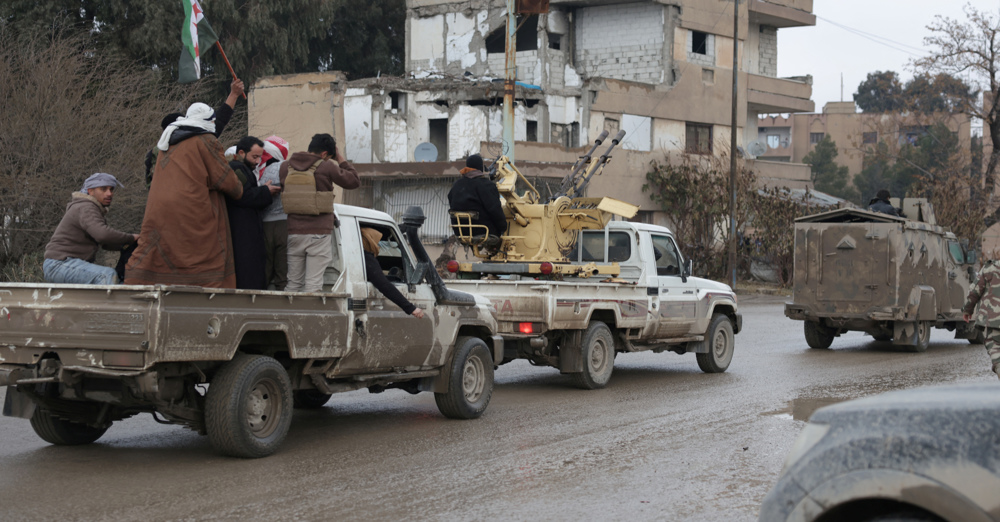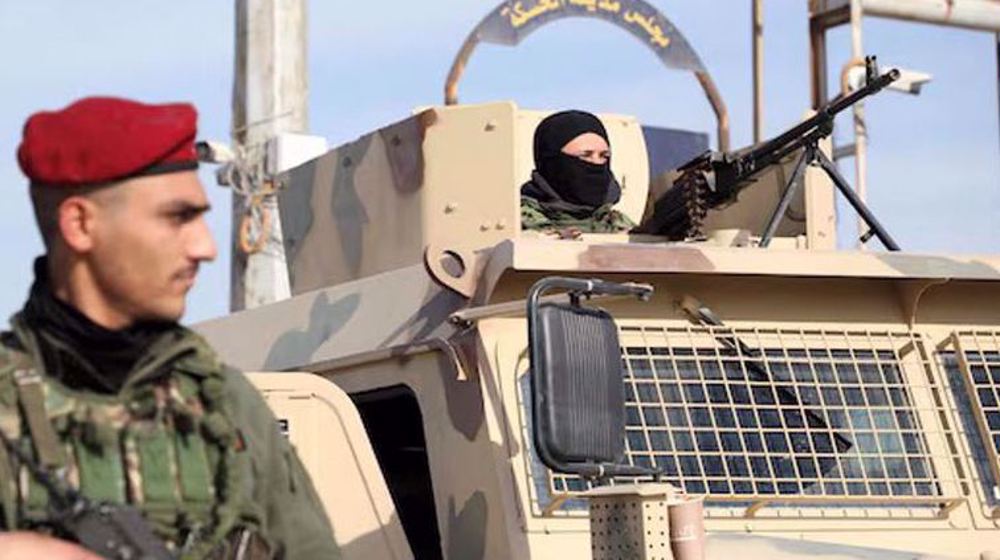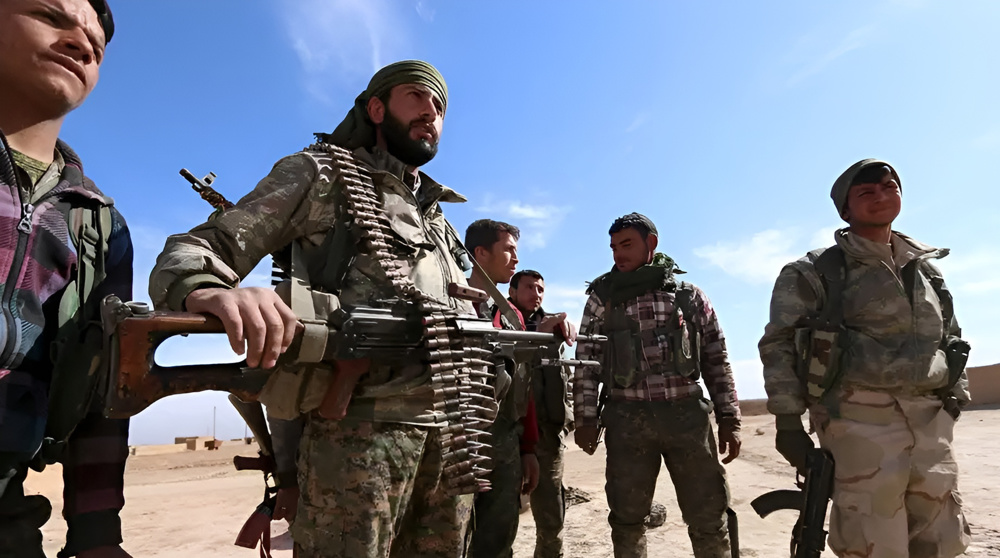Saudi Arabia still insisting on removal of Assad amid peace efforts
While international negotiators have agreed on a ceasefire and humanitarian access to besieged towns in Syria, Saudi Arabia is still insisting on the removal of President Bashar al-Assad from power as Riyadh's main goal and has pledged to send special forces to the crisis-hit country.
The agreement was signed on Friday following a meeting of the International Syria Support Group (ISSG) in the German city of Munich.
Speaking at the 52nd Munich Security Conference (MSC) on Friday, Saudi Foreign Minister Adel al-Jubeir called Assad the "single most effective magnet for extremists and terrorists in the region," claiming that his removal was vital for restoring stability in the country and defeating the Daesh terrorist group, which has captured parts of Syria and neighboring Iraq.
"That (Assad’s ouster) is our objective and we will achieve it," Jubeir said. "Unless and until there is a change in Syria, Daesh will not be defeated in Syria, period," he argued.
Saudi Arabia is widely believed to be one of the major sponsors of Takfiri terrorist groups fighting against the Syrian government.
Jubeir also told CNN that Riyadh is ready to deploy special forces to Syria if the US-led coalition -- allegedly hitting Daesh terrorists -- decides to send ground troops.
"If the international coalition against Daesh, which we are a part and have been since the very beginning, decides that it will introduce ground troops to Syria in addition to the current air campaign, we have said that the Kingdom of Saudis is prepared to contribute special forces to this effort," Jubeir said.

Cutting terrorists supply routes
In an interview with AFP released on Friday, the Syrian president said government forces will finally liberate the whole country from terrorists although it may “take a long time.”
Assad also said it would be possible to "put an end to this problem in less than a year" if all terrorists’ supply routes from Turkey, Jordan, and Iraq were cut, otherwise "the solution will take a long time and will incur a heavy price."
The president noted that the main aim of the recent Russian-backed Syrian offensive in the strategic northern province of Aleppo is to cut the militants’ supply route from Turkey.
However, two militant commanders told Reuters on Friday that they have received "excellent quantities" of ground-to-ground missiles with a range of 20 kilometers (12 miles) from foreign supporters in recent days to help confront the government offensive in Aleppo.
"It is excellent additional fire power for us," said one of the commanders, speaking on condition of anonymity. The missiles were being used to target army positions beyond the front line, the second commander said, adding, "They give the factions longer reach."
Talks keep collapsing
The latest round of talks between the Syrian government and the Saudi-backed opposition -- known as the High Negotiations Committee (HNC) -- which was being held in the Swiss city of Geneva, was suspended on February 3 after the opposition refused to attend the sessions.
Some analysts say the HNC refused to continue the negotiations after the Syrian army, backed by Russian air power, made significant gains against the Takfiri militant groups on several fronts in Syria.
Vienna hosted the first two rounds of talks on Syria on October 30 and November 14 last year. The third round of Syria talks was held in New York on December 18. The previous rounds of peace talks came with no significant results over differences regarding the fate of the Syrian president.
Syria has been gripped by foreign-backed militancy since March 2011. According to a new report by the Syrian Center for Policy Research, the conflict has claimed the lives of over 470,000 people, injured 1.9 million others, and displaced nearly half of the country’s pre-war population of about 23 million within or beyond its borders.
Thousands protest Trump’s immigration policies on second term anniversary
Ex-NATO chief slams Trump’s Greenland threats, calls on EU to hit back
US ‘must be held accountable’ for supporting terrorism in Iran: Araghchi
VIDEO | Pro-Palestine protest in Madrid challenges UK repression
Canada PM: World order in ‘midst of a rupture’ from US hegemony
VIDEO | Iron walls: One year of Israel’s largest military operation in Palestine in years
Italian farmers protest EU-Mercosur free trade deal
VIDEO | Russian FM holds annual press briefing, highlighting ‘equality-based’ diplomacy















 This makes it easy to access the Press TV website
This makes it easy to access the Press TV website